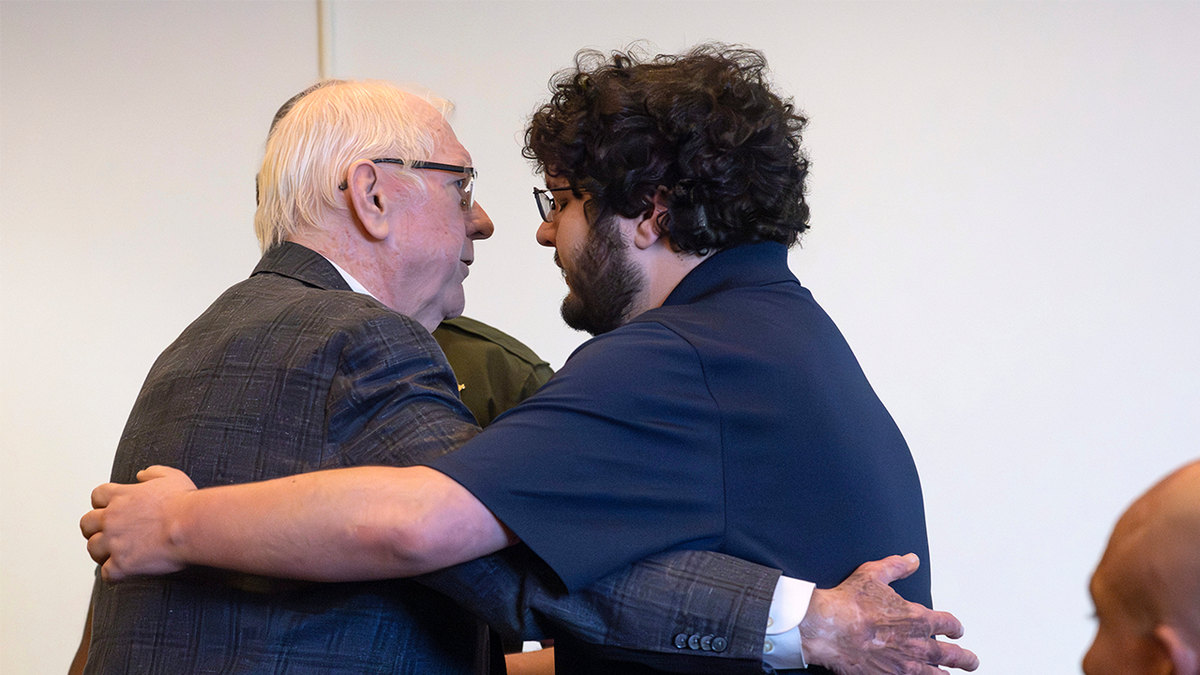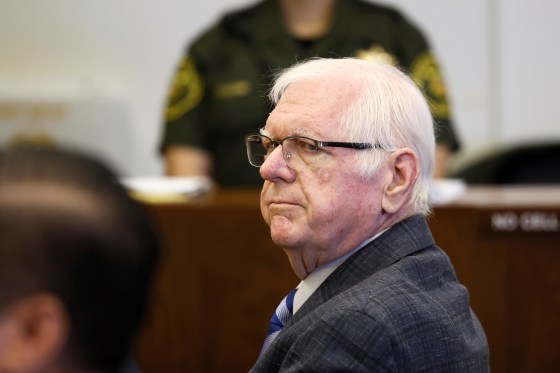Ferguson: Unrest, Protests, & The Impact - Latest Updates
Can a single event, a tragic encounter on a summer afternoon, truly reshape a nation's understanding of justice and the delicate balance between law enforcement and the communities they serve? The shooting death of Michael Brown in Ferguson, Missouri, on August 9, 2014, ignited a firestorm of protest and controversy that continues to burn, forcing a profound examination of race, policing, and the very fabric of American society.
The events of that fateful day in Ferguson, a suburb of St. Louis, Missouri, sent shockwaves across the country. On the afternoon of August 9th, 2014, Officer Darren Wilson of the Ferguson Police Department fatally shot Michael Brown, an unarmed 18-year-old Black man. The circumstances surrounding the shooting remain a subject of intense debate, with conflicting accounts from witnesses and the officer involved. This event quickly became a focal point for discussions about racial bias in policing, the use of force, and the systemic issues that have long plagued communities of color.
The aftermath of the shooting was immediate and intense. Protests erupted in Ferguson, initially peaceful demonstrations that soon escalated into unrest and clashes between protesters and law enforcement. The images of tear gas, riot gear, and the now-iconic "Hands up, don't shoot" gesture became emblematic of the growing outrage and frustration felt by many. The protests weren't just confined to Ferguson; they spread across the nation, as people from all walks of life expressed their solidarity and demanded justice for Michael Brown.
The subsequent investigations added another layer of complexity to the narrative. A grand jury convened to consider whether to indict Officer Wilson on criminal charges. After weeks of deliberation, the grand jury ultimately declined to indict him. This decision, announced on a Monday night, further fueled the existing tensions and sparked renewed protests and demonstrations, with many feeling that justice had not been served. The Department of Justice also conducted its own investigation, ultimately concluding that Wilson's actions did not violate federal civil rights laws, although it did issue a scathing report that highlighted the pervasive racial bias within the Ferguson Police Department and the city's municipal court system.
The impact of the Ferguson events extended far beyond the immediate aftermath. The shooting death of Michael Brown served as a catalyst for a broader national conversation about race and policing. It helped to galvanize the Black Lives Matter movement, which had already begun to gain momentum in the wake of other high-profile police killings of Black individuals. The movement brought renewed attention to issues such as racial profiling, excessive force, and the disproportionate impact of the criminal justice system on communities of color. The events in Ferguson forced a reckoning on how Black people in the St. Louis region and across the country were treated by police and the courts.
The "Ferguson effect," a concept that emerged in the wake of the shooting and the ensuing protests, posited that increased scrutiny of police officers and a decline in proactive policing resulted in a rise in violent crime rates. While the evidence supporting this theory remains a subject of debate, it underscores the complex relationship between law enforcement, community trust, and public safety. The argument goes that reduced proactive policing, driven by fear of being perceived as racially biased or of facing legal repercussions, can create an environment where criminals feel emboldened, leading to an increase in crime.
The Ferguson unrest, sometimes referred to as the Ferguson uprising or the Ferguson riots, stands as a pivotal moment in modern American history. It forced the nation to confront uncomfortable truths about race, justice, and the need for meaningful reform in the way we approach law enforcement and community relations. The legacy of Ferguson continues to influence the national dialogue, shaping policy debates, and inspiring a new generation of activists committed to creating a more just and equitable society.
| Subject | Details |
|---|---|
| Event | Shooting of Michael Brown |
| Date | August 9, 2014 |
| Location | Ferguson, Missouri, USA |
| Victim | Michael Brown, 18-year-old Black teenager |
| Perpetrator | Darren Wilson, Ferguson Police Officer |
| Context | Unarmed teenager shot and killed by police, sparking national protests. |
| Immediate Aftermath | Protests and riots in Ferguson, Missouri and nationwide, with the chant "Hands up, don't shoot". |
| Grand Jury Decision | Declined to indict Officer Darren Wilson. |
| Department of Justice Investigation | Found no violation of federal civil rights laws by Wilson but cited systemic racial bias in Ferguson Police Department and Municipal Court. |
| Impact on National Discourse | Catalyzed the Black Lives Matter movement, and greater national conversation on race, policing, and social justice. |
| Legacy | Influenced policy debates, inspired activism, and emphasized the need for police reform and community trust. |
| Related Concepts | Ferguson Effect (hypothesized increased crime due to reduced policing), Racial Profiling, Excessive Force. |
| Key Events | Michael Brown's graduation, Darren Wilson's testimony, Dorian Johnson as witness. |
| Further Reading | U.S. Department of Justice Report on the Ferguson Police Department |
The shooting of Michael Brown on August 9, 2014, set off a chain reaction that continues to reverberate through American society. His death sparked a nationwide reckoning on racial bias in policing, the use of force, and the systemic issues that have long plagued communities of color. The event was a catalyst for the Black Lives Matter movement, which quickly gained momentum in the wake of this and other high-profile cases of police violence against Black individuals.
The events of Ferguson raised fundamental questions about the role of law enforcement in society and the relationship between police and the communities they serve. The protests that followed the shooting, and the subsequent grand jury decision not to indict Officer Wilson, underscored the deep-seated distrust that exists between many communities and the police. The events also highlighted the importance of transparency, accountability, and the need for reforms in police training, policies, and practices.
The impact of Ferguson is not merely historical; it has had a profound influence on contemporary issues surrounding policing. The conversations started then are still going on today. The debates over police reform, implicit bias training, and the use of body cameras are all directly connected to the events in Ferguson. The city of Ferguson itself has undergone significant changes since 2014. The police department has been reformed, and the city has implemented numerous measures to address the issues of racial bias and excessive force. The story of Ferguson is a case study of how one event can spark national reflection and social change.
Dorian Johnson, who was with Michael Brown on the day of the shooting, emerged as a key witness. His account of the events, along with other witness testimonies, became central to the investigations and the subsequent legal proceedings. His presence at the scene made his story one of the most important narratives to the events. The details of that day, as recounted by Johnson and others, are essential for understanding the complexities and the human cost of the tragedy.
The "Ferguson effect" is a multifaceted concept, proposing that increased scrutiny of police officers and a decline in proactive policing result in a rise in violent crime rates. However, the evidence supporting this theory remains a subject of debate and controversy. Some argue that the increased focus on police accountability has led to officers being less willing to engage in proactive policing, such as stop-and-frisk practices, for fear of being perceived as racially biased or facing legal repercussions. This, in turn, they claim, has created an environment where criminals feel emboldened and where violent crime rates rise.
The impact of the shooting was felt far beyond the streets of Ferguson. It spurred a national conversation on the role of police, and the way Black people were treated by the courts. The events of Ferguson, Missouri, acted as a catalyst for the Black Lives Matter movement, which gained momentum in the wake of other high-profile police killings of Black individuals. The movement brought renewed attention to issues such as racial profiling, excessive force, and the disproportionate impact of the criminal justice system on communities of color. This momentum has led to changes in policy and practice.
The 10th anniversary of the shooting will be a time for reflection and remembrance. It will be an opportunity to consider the progress that has been made and the work that remains to be done. The story of Ferguson is a reminder that the fight for justice and equality is an ongoing process, and that the pursuit of a more just and equitable society requires constant vigilance, advocacy, and a willingness to confront uncomfortable truths.
The shooting death of Michael Brown, the protests, the investigations, and the grand jury decision, all coalesced to create a pivotal moment in American history. It challenged the nation to look at itself with a critical eye and to confront the realities of racial bias and the need for police reform. The events in Ferguson will continue to be studied and debated for years to come, serving as a case study in the complexities of justice, race, and the ongoing struggle for equality.
The events that began with the shooting death of Michael Brown in Ferguson, Missouri, have changed the way we talk about policing in America. The incident continues to shape policy debates and inspire a new generation of activists dedicated to creating a more just and equitable society. The legacy of Ferguson is complex, challenging, and deeply important.


